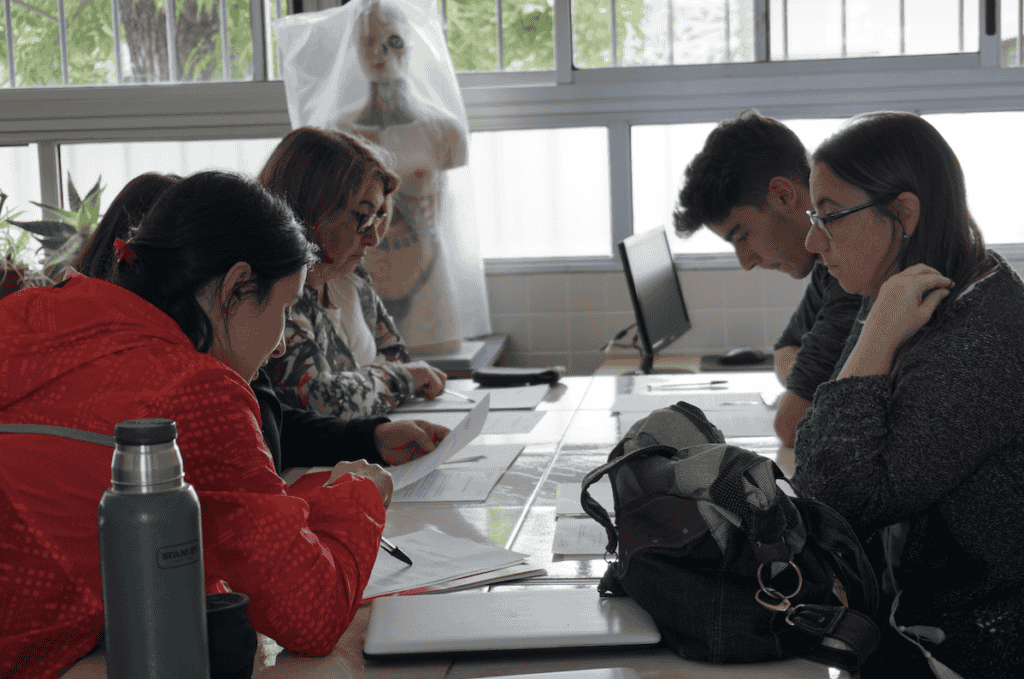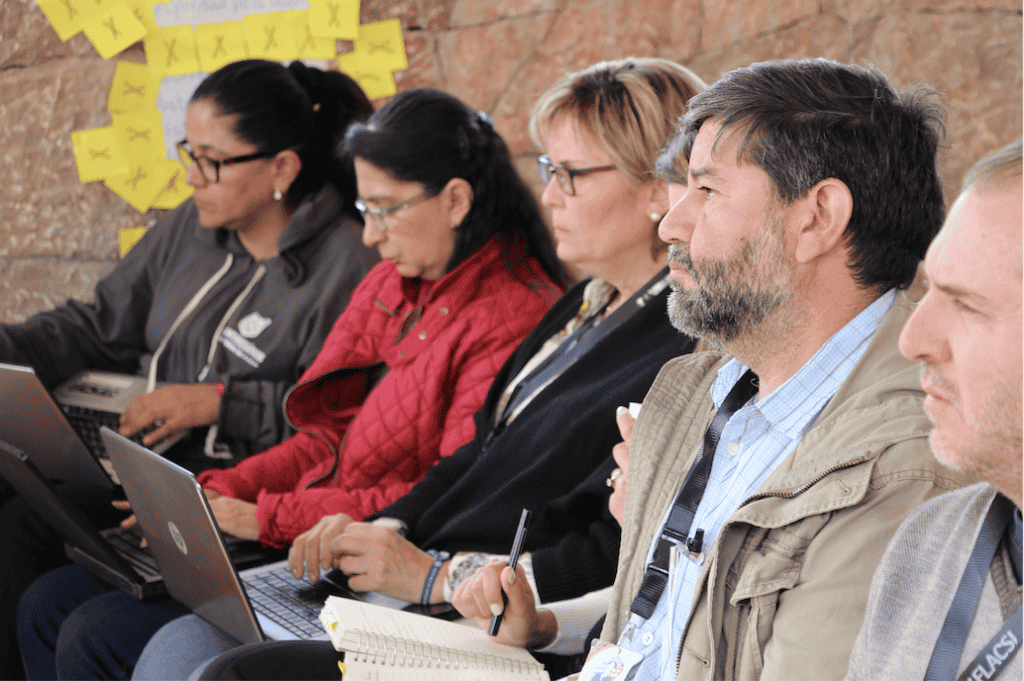This website uses cookies so that we can provide you with the best user experience possible. Cookie information is stored in your browser and performs functions such as recognising you when you return to our website and helping our team to understand which sections of the website you find most interesting and useful.
FLACSI: channeling knowledge and experience for the renewal of our education
The Federación Latinoamericana de Colegios de la Compañía de Jesús[1] FLACSI is the regional education Network that articulates the work of provincial education networks and the schools in the region, in order to promote, from a shared identity, agreements on policies, strategies and actions at the service of the educational and social transformation of Latin American countries.
Channeling the potential and needs of FLACSI schools and integrating them into the current challenges of the Educational Apostolate of the Society of Jesus, has represented a challenge for our group. This is a challenge that we have been responding to, inspired by our way of proceeding: serving the Mission from discernment, collaboration and Networking.

In September 2019, the I Encuentro de Directores Académicos y de Pastoral FLACSI was held.
It is a space that brought together 170 employees of the schools of the Network, which, for 5 days, contributed to formulating answers to the challenge posed, through spaces of community discernment, joint reflection and collaborative work. It was an auspicious moment to strengthen the sense of belonging to the Global School Network of the Society of Jesus; and to facilitate the appropriation of the current priorities of Jesuit Education in schools.
As a result, a series of work proposals were produced linking the different areas of FLACSI – schools, provincial education networks and core team -, aimed at promoting joint work between the different areas of school management and thus consolidating institutional dynamics that reflect the process of constant renewal of the Jesuit educational proposal. The raised proposals, which will be central to guide the work of FLACSI in the coming years, can be found in the Memorias del Encuentro.

It is important to highlight that the process that preceded the realization of the meeting was central to the achievement of the objective. The preparation started a year earlier and can be summarized in four moments:
· Get to know us: through direct consultation spaces with the Conference (CPAL), FLACSI government instances, focus groups with school officials; and collecting information from schools through the FLACSI School Management Quality System.
· Facilitate collaboration and promote ownership: two organizing committees (central and adviser) were formed, made up of executives from provincial Networks and schools. The committees played a central role in the preparation and execution of the program.
· Provide a context: a virtual work agenda was prepared in 2019, in which the first approach to the themes of the meeting was given. It was carried out through virtual conferences, online discussion forums and review of reference documents.
· Agency collaborative work: having a previous context allowed focusing the face-to-face meeting to joint reflection and collaborative work. This way, the meeting had ample spaces for joint work, led by a group of previously trained coordinators, who had a protocol to conduct the activities planned for the work groups throughout the week. This is how the groups met for a specific purpose: to produce concrete proposals that included what was discussed in the previous six months, making use of discernment.
Networks and schools have positively valued the results of the path traveled in 2019. For FLACSI, it has been a learning opportunity and a continue discovering of its potential as an educational Network, on the horizon set out in the document Prophetic Networks for a Universal Mission: “Networks generate the ability to align the efforts of different institutions towards common apostolic challenges; they allow channeling the knowledge and experience that already exists in our own internal diversity; they favor the generation of new ideas in collaboration; they direct our energies towards the greater good and generate learning at the corporate level ”.



